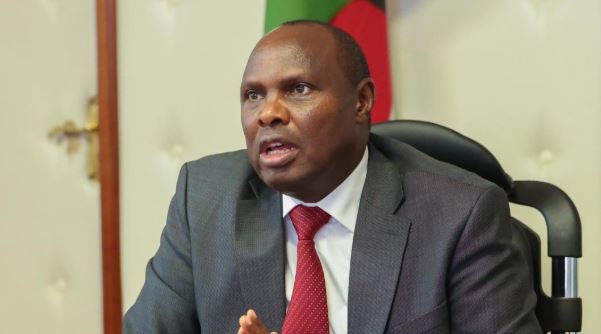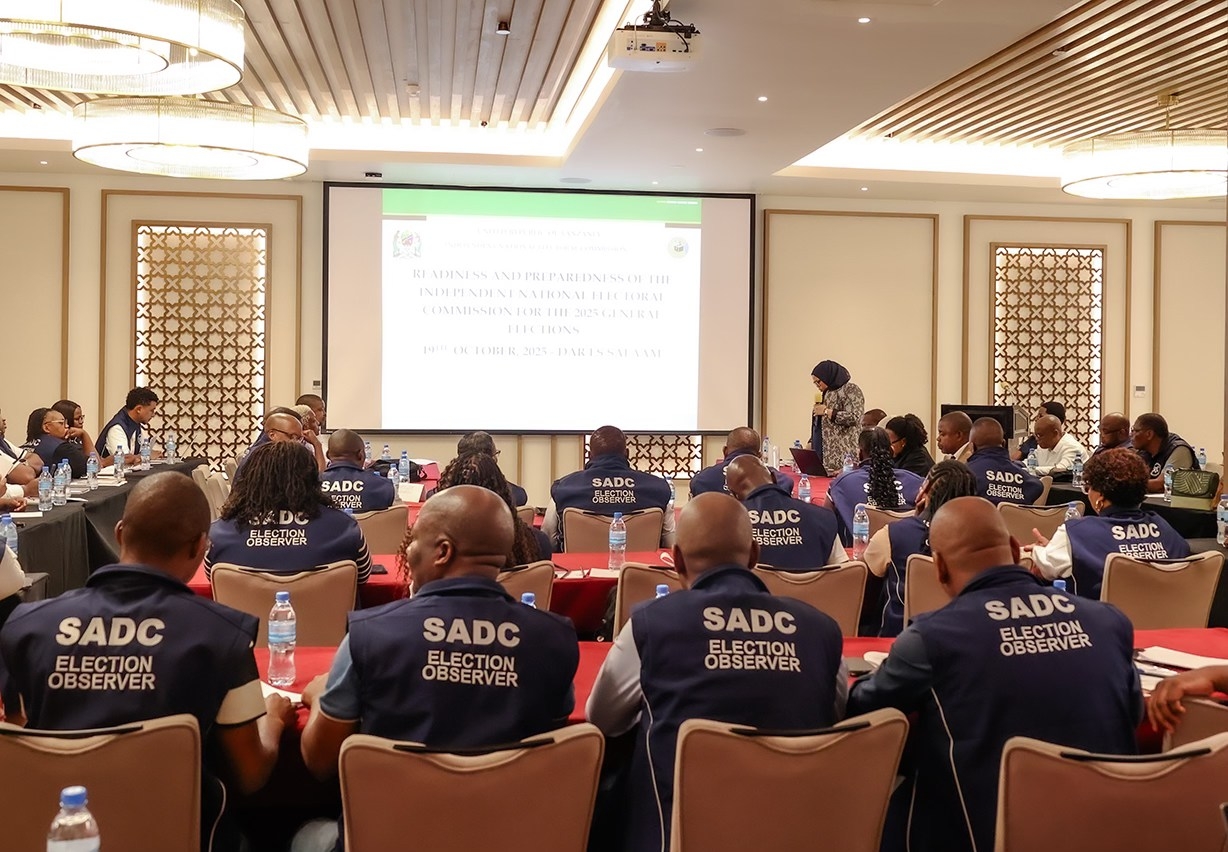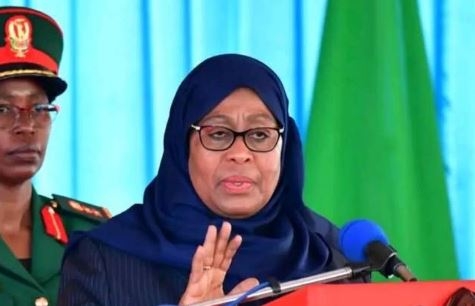Human Rights Organisations have tabled eight proposals to the government before it decides to roll out the new third-generation IDs known as the Maisha Number.
In a statement released on Thursday, the groups noted that steps needed for identification system upgrade and reforms are lacking in the new introduction of Maisha Number cards.
“Wider broad-based engagements with the public, civil society and other stakeholders have been non-existent, and to that end, the current efforts of the government to develop digital ID are cascading dangerously towards the pitfalls that stalled Huduma Namba,” the statement reads.
The lobbyists first want the government to enact a proper legal framework to govern the system.
They noted that some communities have been struggling with access to documentation witnessed during the implementation of Huduma Namba due to hastiness.
"We are at a critical moment. A move to digital IDs is not a minor change but one that significantly changes how legal identification is administered in our country. As such, we need to get it right and improve access to nationality, data protection and individual's privacy rather than erode it,” they said.
The groups wants the state to conduct a nationwide public participation on the proposed legal framework, any draft regulations, and the system design.
Lack of public engagements and proper procedural, the groups said will hinder citizens' ways of accessing national documents.
“Opaque rollout, lack of public engagements and a lack of proper procedural and legal safeguards associated with the Unique Personal Identifier/Maisha Number rollout would wreak havoc on the ways citizens access nationality documents,” reads the statement.
In addition, the government has been asked to abolish ID vetting for all Kenyans to ensure everyone is treated equally.
The vetting has been termed a discriminatory process and it delays the acquisition of IDs, deepens ethnic profiling and increases youth vulnerability to radicalisation.
“Implement affirmative action measures to issue documents to all persons who have been excluded or been unable to obtain the same due to the historical previous existence of vetting processes over the past several decades,” the statement reads.
Before moving on with the digitisation, the government has been urged to ensure all Kenyans, especially in underserved areas of Kenya, have access to documents such as birth certificates and ID cards.
This includes availability of registration numbers and identification offices.
“Conduct a robust Data Protection Impact Assessment and Human Rights Impact Assessment of the system that are made public for scrutiny and from which improvements will be made to the system design,” they said.
Another proposal was to include civil society and members of the public, including minorities and marginalised communities in line with Article 56 of the Constitution of Kenya, 2010, in any relevant working groups or committees.
“This includes the National Digital Identity Technical Committee and National Steering Committee for Digital Identity mentioned in the media on September 12, 2023,” the statement reads.
“Allow for a transition period prior to any roll-out to ensure time for the above steps."
Further, they have been urged to improve infrastructure such as electricity and internet nationwide, and any other needs identified by the Kenyan public.












